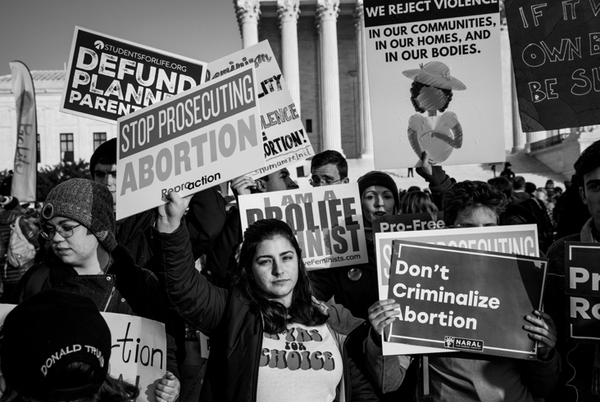Brexit Developments: New PM Stance And Operation Yellowhammer
Johnson’s deal is refused over Irish backstop while an extension seems probable, as prospects for a no deal seem dim

Several noteworthy events have recently occurred relating to an old subject: Brexit. Asking for a postponement is actually required by law, the Benn Act, which received Royal Assent by the Queen on 9th September. Johnson’s government confirmed last Friday that the Prime Minister will indeed ask for a delay on 19th October if no deal between the United Kingdom and the European Union is reached by then. The piece of legislation provides requirements surrounding the phrasing of the letter that Johnson will have to write, which dramatically reduced, but has not excluded, the possibility of finding a “hole” through which he can ignore the will of Parliament and instead head for a no deal scenario.
In the past, many members of the Government have been outspoken about pursuing an extension, including Foreign Secretary Dominic Raab and the Chancellor of the Duchy of Lancaster Michael Gove. The Prime Minister himself declared that he would “rather be dead in a ditch” than defer the Brexit saga to January 31st, the new possible date set by the House of Commons for UK departure. However, Johnson believes that he can still reach a deal before having to write to Brussels, and on Thursday October 3rd unveiled plans that made new concessions to the EU concerning the Irish backstop question. According to these plans, Northern Ireland would abide to single market regulations for manufactured goods and food, and that this would be subjected to a decision taken every four years by the NI Assembly. Both the EU and the Irish Government have expressed scepticism about the feasibility of such measures, which would require border checks. These have been deemed by many to undermine the commitments of the Good Friday Agreement that was put in place to end the fierce conflict in the region. In the Brexit debate, the Leader of the House, Jacob Rees-Mogg, has previously suggested the possibility of exclusively implementing digital checks, but it has also been stressed that nowhere in the world are such controls already in place. Furthermore, the question arises as to whether it’s wise to introduce such checks while being about to leave the block, in a region where sectarian violence could easily be revived. Despite his best efforts, Johnson’s proposal for the backstop has been “ditched” by EU leaders due to concerns that his proposition is untested and “not serious at all”, however, European Commission President Jean-Claude Juncker told MEPs that he would not exclude a deal in the coming days.
On this note, the PM has reiterated his view that the main cause for a deal not being agreed yet is the EU’s unwillingness to negotiate. In contrast, Secretary of State for Work and Pensions Amber Rudd resigned on the 7th of September, citing the government’s disinterest in negotiating a deal and denouncing that its focus has been solely on preparing for a hard Brexit. In fact, the government announced at the end of July that an extra 2.1 billion pounds would be spent on preparations for a no-deal Brexit, to stockpile medicine, set up new border and customs operations, and improve infrastructure at ports.
However, the level of the nation’s preparation for a no deal scenario has been put into question when a government report called Operation Yellowhammer, which outlined the government’s plan to leave the EU with a no deal, was published last month. While Johnson has stated that everyone who needs fundamental medicines will get them, the report affirms that supply chains for medication is “particularly vulnerable”. The report mentions the probable unavailability of key ingredients in the short term and the overall reduction of choice in supermarkets, though a shortage reportedly seems improbable. On the economic side, inflation could impact the social care sector and the overall price of imported goods might increase, affecting the lower class in particular. Many businesses on the Irish border could be severely struck, with the risk of rising unemployment and the development of illegal activities in proximity of the border. Disruption would also manifest in the form of consistent queues in Kent, towards Dover, with a worst-case estimation of travel time necessary for a lorry to cross the French border exceeding 2 days. Emergency plans by the government under the code name Operation Brock include the possibility of leaving two thousand lorries in a separate queue, whilst allowing traffic to continue through other routes. Other lorries, up to six thousand, could be parked in a disbanded airfield nearby while waiting for traffic to proceed. Finally, in case of absolute necessity, the entire M26 motorway could be closed and transformed into a provisional parking place.
Considering these emerging details, as well as the contradictory statements coming from Whitehall, UK politics seems to be preparing itself for another extenuating week; the forecast to leave by 31st October seems to be increasingly difficult to meet as a fog of uncertainty perpetuates its fatal embrace over the British Isles.







